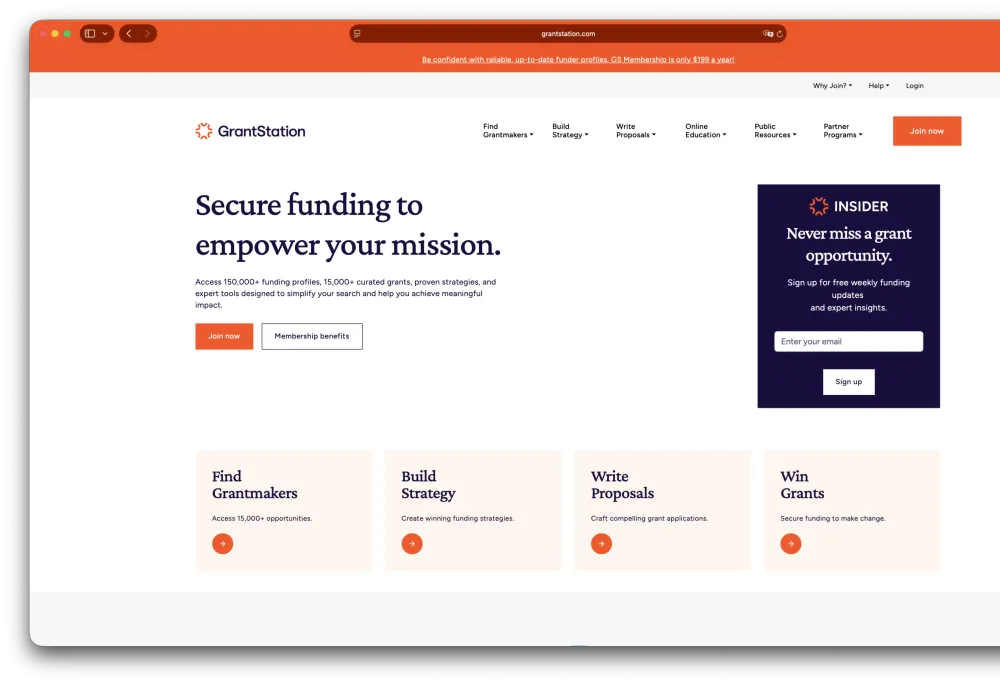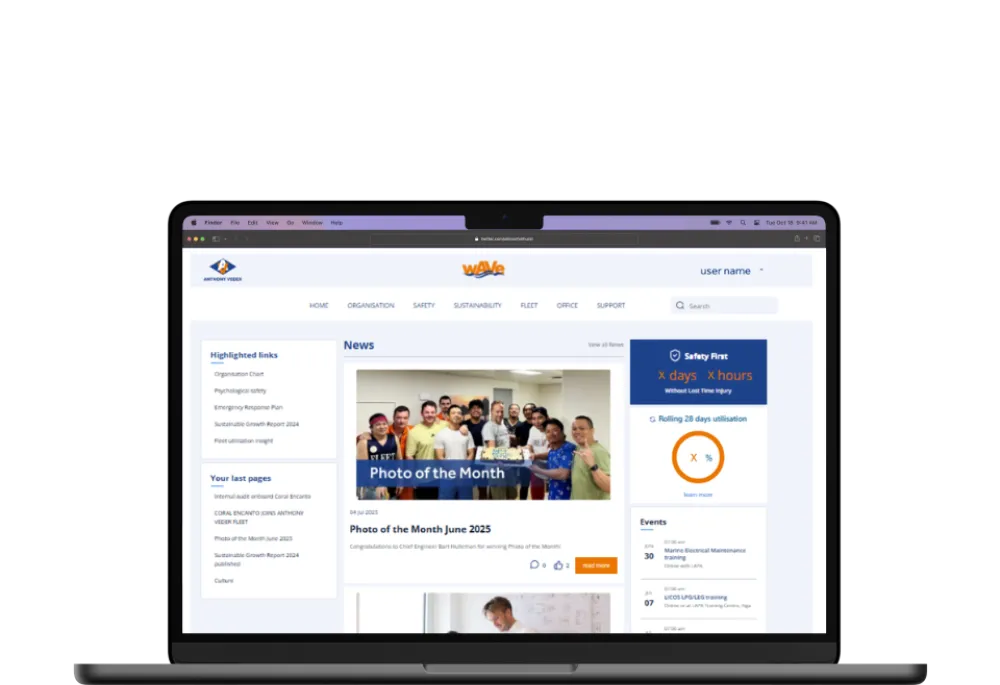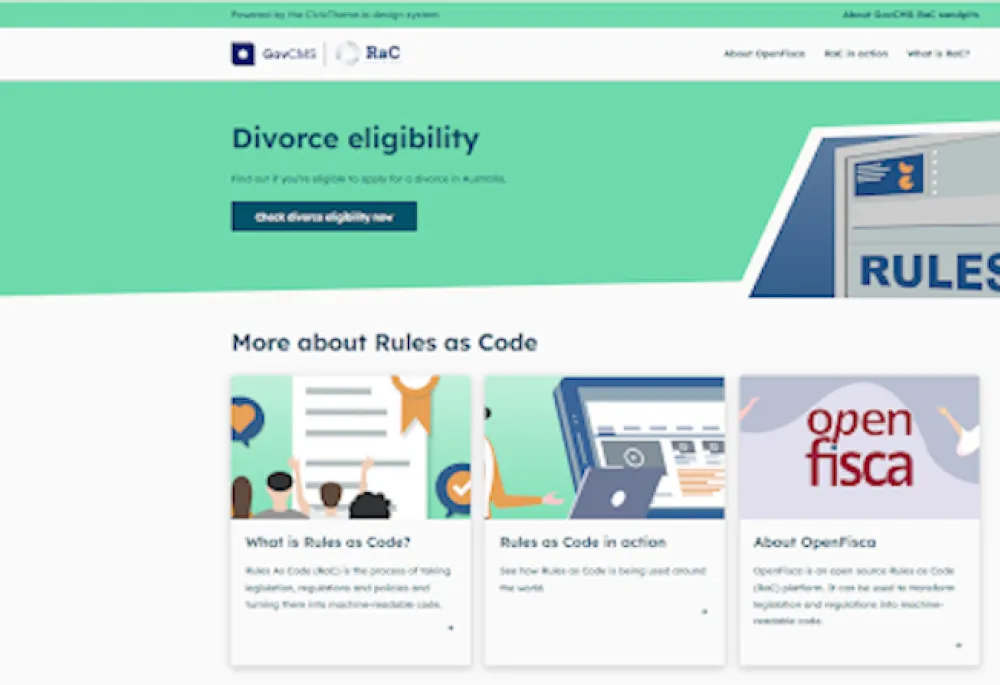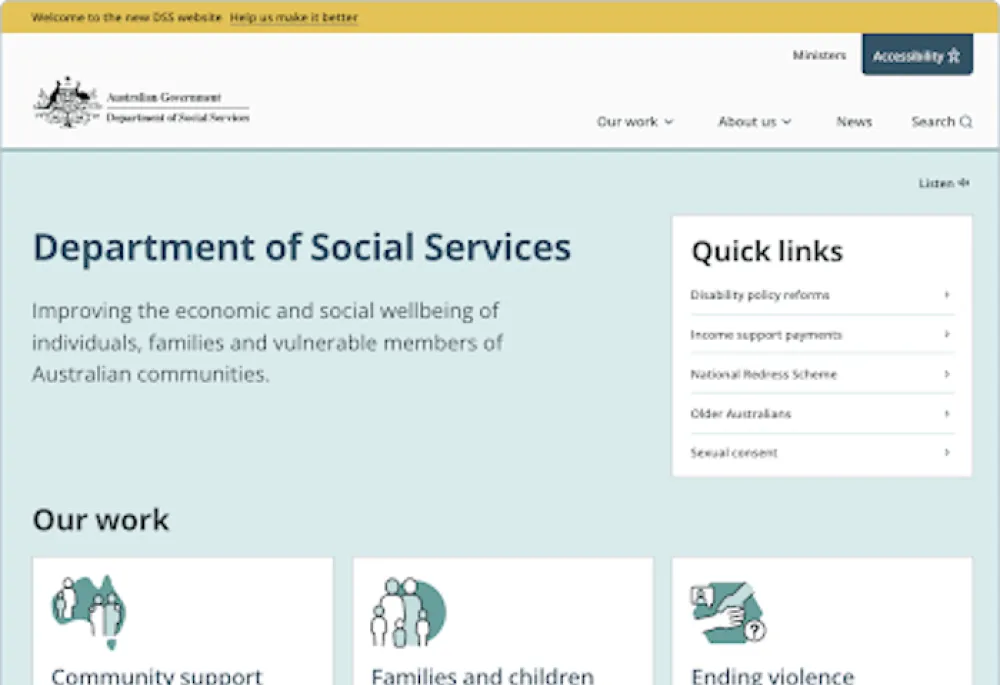OpenSense Labs partnered with Apply Once, a global education portal, to build a decoupled, multilingual platform using Drupal 10 and React. The platform connects students, universities, agents, and employers across geographies, simplifying the entire journey from course discovery to admissions. By enabling students to submit one profile and apply to multiple universities—including Ivy League and niche institutions—the portal aims to democratize access to global education with speed, personalization, and transparency.
Goals:
- Simplify multi-university applications under a unified student profile.
- Deliver a personalized course discovery experience.
- Ensure secure, multilingual access across varied user roles.
- Enable dynamic, role-specific dashboards for real-time guidance.
- Support future scalability with a decoupled tech architecture.
Requirements:
- A decoupled CMS setup with Drupal as the backend and React as the frontend.
- AI-driven course recommendations using Elasticsearch.
- Multi-step forms for student applications with backend-driven logic.
- Multilingual content management, including static translations for frontend strings.
- Secure access controls using OAuth, social logins, and two-factor authentication.
- Administrative tools for content moderation and student-agent-university interaction.
Outcomes:
- Faster application completion with intuitive, step-by-step workflows.
- Improved search experience via Elasticsearch-powered, profile-matched recommendations.
- Higher user engagement through gamified referrals, feedback systems, and financial assistance integrations.
- Efficient multilingual content governance through centralized workflows.
- Scalable architecture that enables quick adaptation to evolving frontend needs without backend rewrites.
Drupal was selected for its powerful content architecture, multilingual capabilities, flexible user roles, and support for decoupled architectures. As Apply Once needed to serve a diverse global audience with role-specific content, multilingual support, and structured workflows, Drupal offered:
- Robust Content Modeling to handle diverse educational metadata.
- Multilingual Support out of the box for global reach.
- API-First Design to power a fully decoupled React frontend.
- Granular User Permissions for students, agents, and administrators.
- Scalable Workflows to manage form submissions, localization, and user access securely.
Its open-source nature and strong community ecosystem further made it ideal for a cost-efficient, scalable solution.
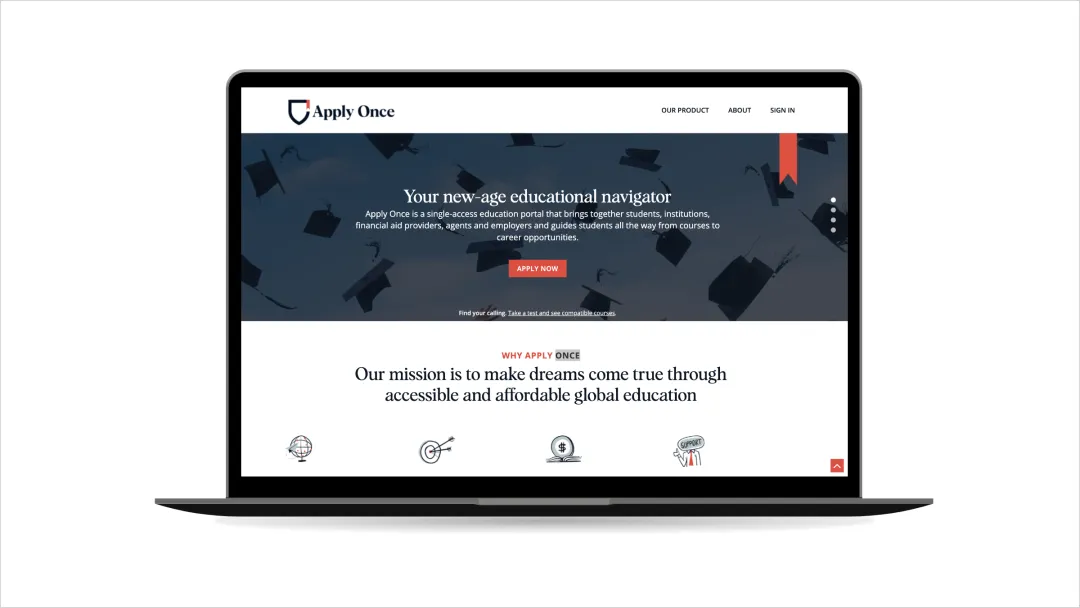
Technical Specifications
Drupal version:
Key modules/theme/distribution used:
The Apply Once platform required an extensive, scalable, and flexible Drupal-based architecture that could support multilingual content, structured data, decoupled frontend communication, and secure user interactions. Below is a curated list of contributed modules selected for their alignment with these functional needs:
- Address – Used to manage and validate international postal addresses across various profile and taxonomy fields.
- Elasticsearch Connector – Connects the site to an Elasticsearch server for high-speed, intelligent search functionality.
- Field Group – Groups related fields on forms and display views to enhance UI clarity and manageability.
- Field Validation – Adds custom validation rules (e.g., regex) to ensure input accuracy across fields like URLs.
- ImageMagick – Compresses and processes images using a powerful command-line toolkit for better performance.
- JSON:API Boost – Improves the speed and responsiveness of API calls by warming caches for JSON:API responses.
- JSON:API Extras – Enables extended configuration and customization of JSON:API outputs from the Drupal UI.
- Metatag – Manages meta tags for SEO optimization on all content types and entities.
- Paragraphs – Allows flexible and reusable content structures using paragraph components within pages.
- Pathauto – Automatically generates clean, human-readable URL aliases based on content patterns.
- PDF using mPDF – Converts HTML content into downloadable PDFs, used for student profile exports.
- Profile – Creates and manages custom user profile types with tailored fields for different user roles.
- Search API – Provides indexing and searching capabilities for structured content like programs and applications.
- Simple OAuth & OpenID Connect – Enables secure API authentication and federated user login options.
- State Machine – Controls application flow by managing various states and transitions programmatically.
- Webform – Powers advanced forms for applications, feedback, and multi-step submissions with dynamic inputs.

